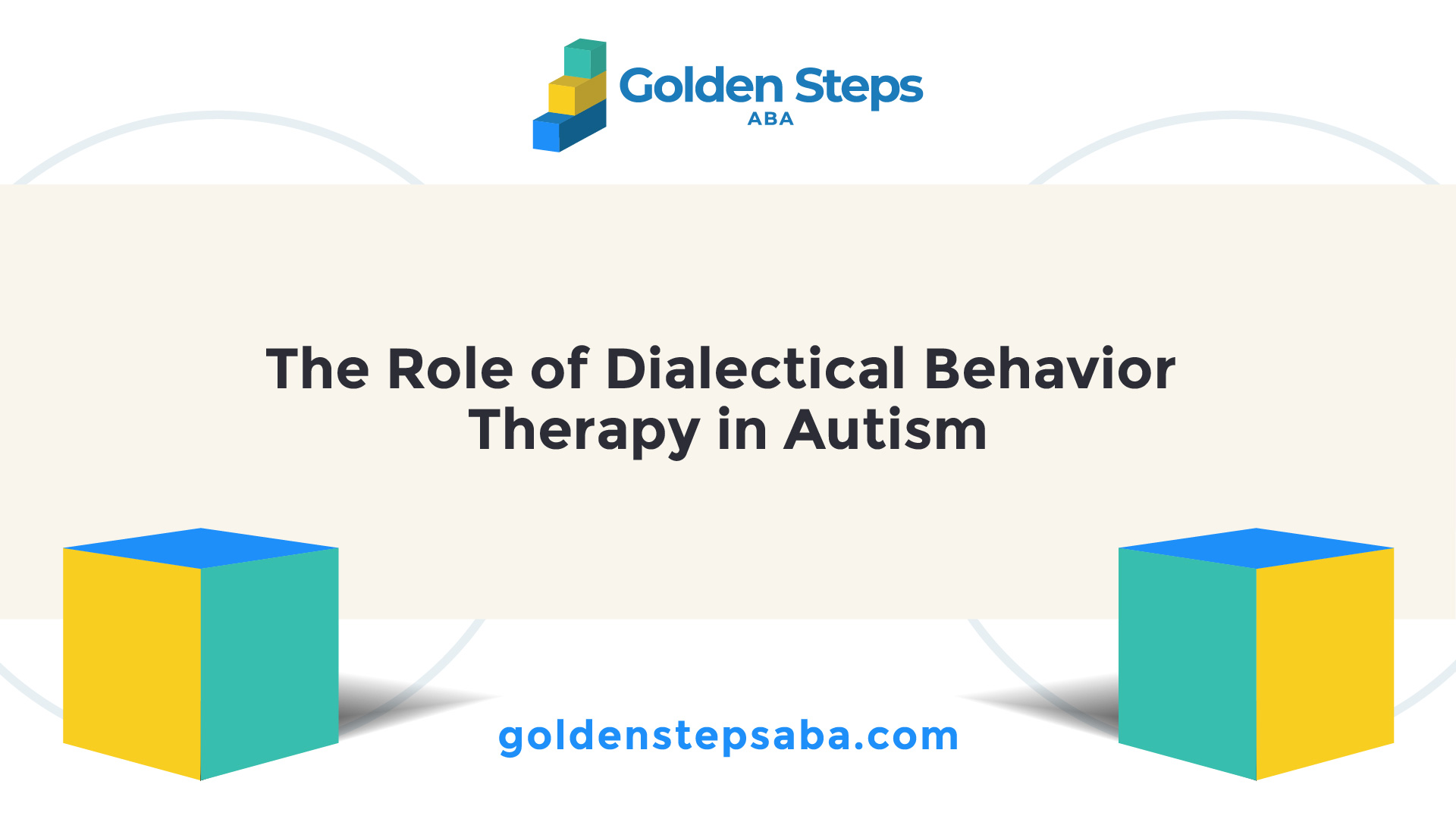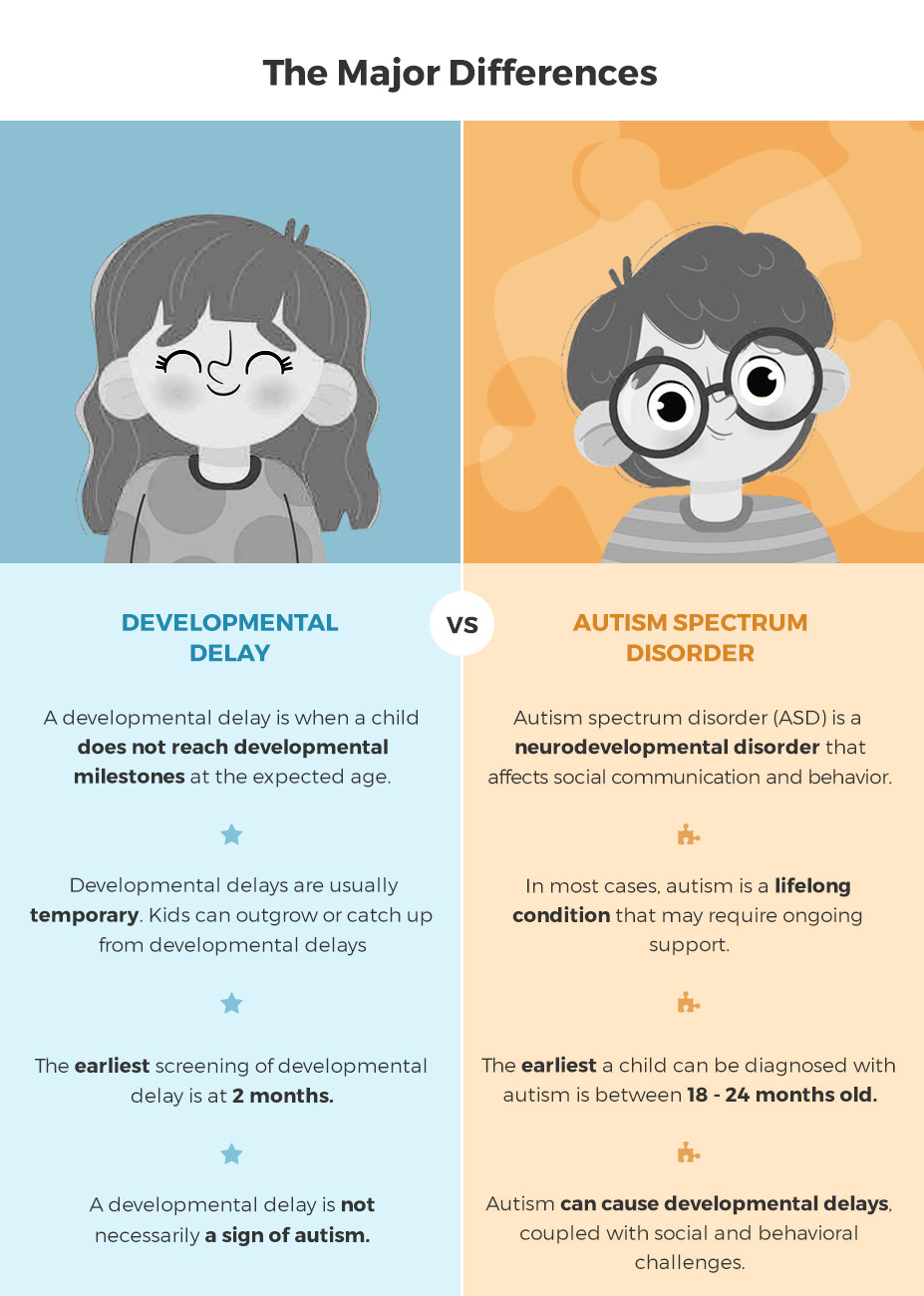10 Must-Know points about how an Autism Therapist's intervention shapes social growth in autism
10 Must-Know points about how an Autism Therapist's intervention shapes social growth in autism
Blog Article
Key Indicators and Signs And Symptoms to Identify in People With Behavior Autism
When you run into a person with behavior autism, acknowledging vital symptoms and signs is important. You might notice challenges in social interactions and interaction, along with a solid requirement for routines. Additionally, sensory sensitivities can result in overwhelming experiences. Comprehending these characteristics can improve your support and treatments, yet there's even more to discover concerning just how these actions show up in everyday scenarios. Let's explore what these indications truly appear like.
Challenges in Social Interactions
When you communicate with a person on the autism spectrum, you may observe they battle with social hints and interaction. These challenges can make social communications really feel overwhelming for them.
When they do engage, they may speak concerning their interests in fantastic information without seeing if you're interested. Understanding these obstacles can assist you come close to interactions with compassion and persistence, cultivating a more comfortable environment for both of you.
Trouble With Verbal and Non-Verbal Communication

Acknowledging these signs is crucial, as it helps you much better assistance and engage with individuals on the autism range. By understanding their communication obstacles, you can foster much more purposeful connections and offer an extra supportive atmosphere.
Recurring Actions and Routines
Communication difficulties often go along with various other indicators of autism, such as repetitive actions and a solid choice for routines. You may see that people with autism typically participate in details, repetitive actions, like hand-flapping, rocking, or repeating expressions. These actions can provide comfort and a sense of control in an often overwhelming globe.
Routines are similarly essential; lots of people prosper when they comply with a structured routine. You may locate that changes to these routines can lead to substantial distress. For instance, if they have a day-to-day ritual of consuming morning meal at a particular time or following a particular route to college, any disturbance can create anxiousness.
Acknowledging these patterns assists you comprehend their behavior and supply support. By accommodating their need for regular and allowing repetitive activities, you can produce a much more comfy setting that alleviates their challenges.
Sensory Level Of Sensitivities

Typical Sensory Triggers
Sensory sensitivities can significantly impact daily life for people with autism, as specific stimulations commonly activate overwhelming reactions. Usual sensory triggers include loud noises, bright lights, and strong smells. You may observe that sudden audios, like alarms or alarms, create anxiousness or distress. Fluorescent illumination in stores can feel extreme and uneasy. Appearances can also play a significant function; harsh textiles or certain food structures may be intolerable for you. Furthermore, crowded areas can overwhelm your senses, making it difficult to concentrate or relax. Understanding these triggers can help you handle your setting much better. By recognizing what impacts you, you can take actions to lessen pain and improve your day-to-day experiences.
Behavioral Feedbacks Discussed
Comprehending your behavior reactions to sensory level of sensitivities is important, as they frequently disclose exactly how you engage with the globe. You may discover that specific sounds, lights, or appearances overwhelm you, bring about anxiety or pain. When faced with these stimuli, you may take out, cover your ears, or also react strongly. These responses aren't simply quirks; they're your method of managing overstimulation. You may likewise discover on your own looking for certain sensory experiences, like deep pressure or silent environments, to assist ground yourself. Recognizing these patterns aids you understand your requirements far better and can lead exactly how you communicate them to others. By acknowledging your sensory level of sensitivities, you can work in the direction of producing an atmosphere that really feels extra comfy and manageable for you.
Coping Approaches Overview
Acknowledging your sensory level of sensitivities is simply the primary step; now it's time to discover coping strategies that can help you handle those experiences efficiently. Beginning by developing a sensory toolkit tailored to your demands. This could include noise-canceling headphones, fidget toys, or soothing aromas. Developing an organized regimen can likewise offer predictability, decreasing stress and anxiety around sensory overload. Take breaks in a quiet space to regroup when you feel overloaded. Exercising mindfulness techniques such as deep breathing can assist ground you in the moment. In addition, connect your demands with those around you; having encouraging friends and family can make a massive distinction. Keep in mind, discovering what functions best for you may take some time, so be patient and open to trying new strategies.
Restricted Rate Of Interests and Focus
While many people create a wide variety of passions, those with autism typically demonstrate limited interests and an intense focus on particular subjects. You may observe that someone with autism can invest hours diving into their favored subject, whether it's a particular kind of train, a certain film, or a scientific concept. This extreme focus isn't simply a leisure activity; it can end up being a central component of their identity and social interactions.
You may locate that conversations revolve around these passions, and they may have a hard time to involve in more comprehensive topics. For them, these concentrated interests provide comfort and a feeling of proficiency. While it's click here for more vital to motivate exploration of brand-new subjects, valuing their enthusiasms is just as crucial. By comprehending and acknowledging these restricted passions, you can cultivate a supportive setting where they feel valued and comprehended, permitting even more meaningful connections and communications.
Psychological Guideline Troubles
Individuals with autism frequently face difficulties in psychological regulation, which can be influenced by their intense concentrate on particular rate of interests. You might discover that when an individual is deeply participated in a favored activity, they can experience strong emotions, whether enjoyment or stress. When things don't go as planned., this strength occasionally makes it hard for them to move gears or handle their feelings - Autism Therapist.

Variability in Developmental Turning Points
When it comes to developmental turning points, you'll see that people with autism typically reveal a wide variety of irregularity. You may see a youngster excel in language abilities yet struggle with social communications.
It's vital to recognize that each individual's journey is distinct. Some may develop complex skills early, only to deal with difficulties in the future. Others may take longer to attain basic landmarks but then thrive in certain areas. Observing these patterns can help you recognize their staminas and requires better.
Regularly Asked Inquiries
Just How Is Autism Detected in Kid and Adults?
To diagnose autism in grownups and youngsters, professionals evaluate habits, interaction abilities, and social communications. They typically make use of standard tests, interviews, and monitorings to identify if a specific meets the criteria for autism spectrum disorder.
Are There Various Types of Autism Range Disorders?
Yes, there are different sorts of autism spectrum problems, including Asperger's disorder and pervasive developmental disorder-not or else specified. Each kind varies in intensity and features, so understanding these distinctions can aid you better assistance individuals with autism.
What Therapies Work for People With Autism?
When taking into consideration efficient therapies for individuals with autism, you'll discover options like Applied Actions Analysis, speech treatment, and work treatment. Each technique can assist boost communication, social skills, and day-to-day operating customized to private requirements.
Can Individuals With Autism Lead Independent Lives?
Yes, individuals with autism can lead independent lives. With the ideal assistance, skills training, and resources, you can help them develop self-sufficiency, handle day-to-day tasks, and grow in numerous environments, fostering their self-reliance.
Just How Can Families Support Enjoyed Ones With Autism?
You can support your enjoyed ones with autism by producing a structured atmosphere, urging their rate of interests, exercising persistence, promoting interaction, and advertising social abilities. Commemorate their achievements, regardless of exactly check out this site how small, and develop a helpful area.
Although many individuals on the autism spectrum can utilize and comprehend language, they typically encounter significant difficulties with both non-verbal and verbal interaction. Recognizing these indications is crucial, as it aids you much better support and engage with individuals on the autism range. You could observe that individuals with autism usually involve in details, repeated activities, like hand-flapping, rocking, or duplicating phrases.Sensory sensitivities can considerably browse around this web-site affect daily life for people with autism, as particular stimulations often set off overwhelming responses.When it comes to developing turning points, you'll observe that people with autism often reveal a broad array of variability.
Report this page